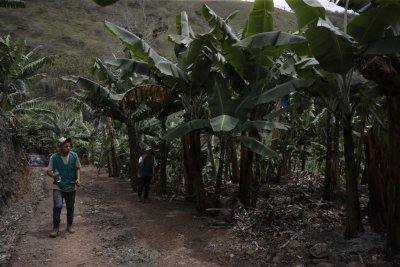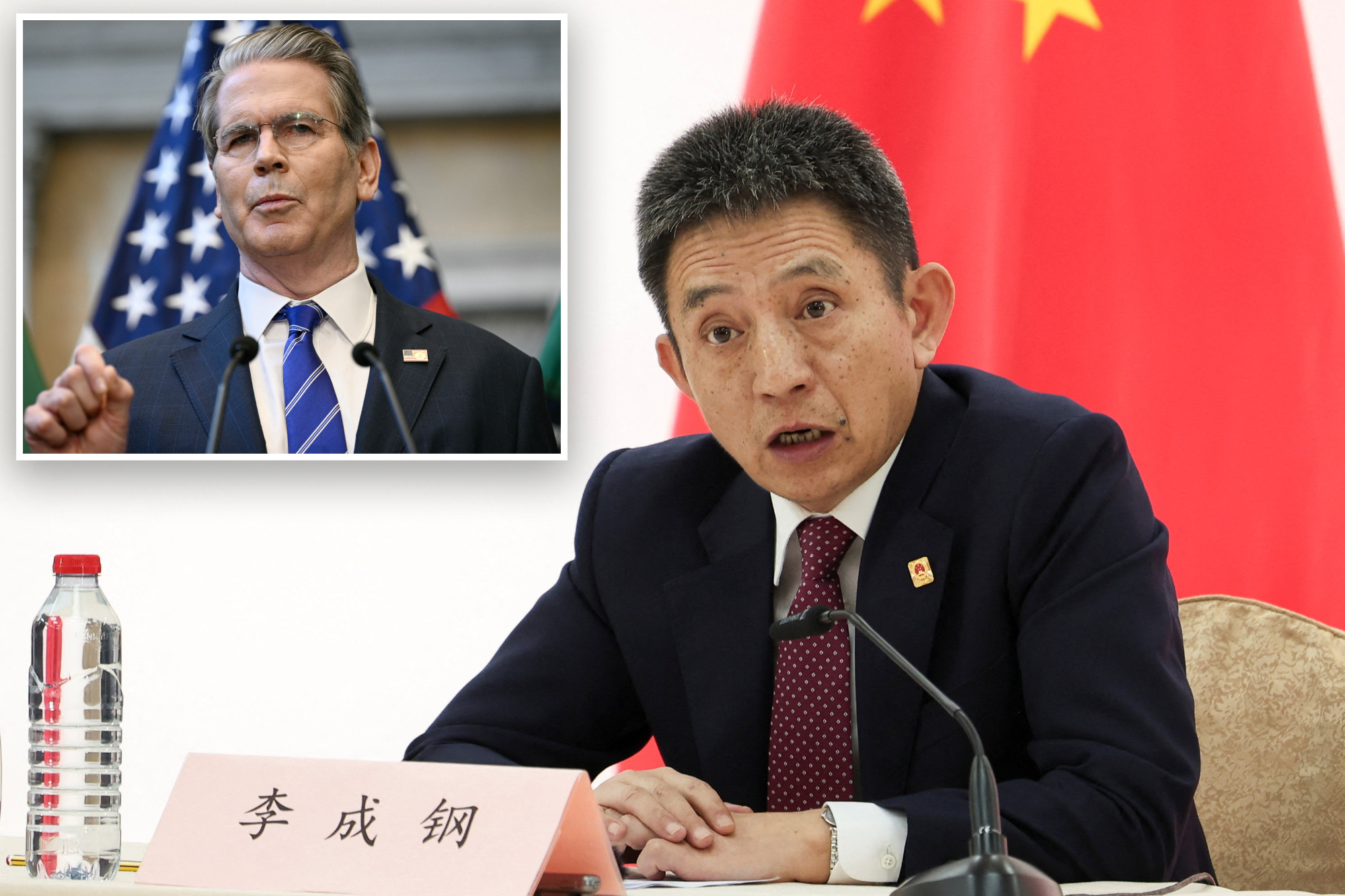**U.S.-Colombia Relations Strained as Economic and Military Aid Suspended Amid Anti-Narcotics Dispute**
*Oct. 21 (UPI)* — Following heightened tensions between the United States and Colombia, President Gustavo Petro met with John McNamara, the U.S. chargé d’affaires and head of mission in Bogotá, marking the first step toward easing the current impasse in bilateral relations.
According to Colombia’s Foreign Ministry, during the meeting held in Bogotá on Monday, senior officials reaffirmed the commitment of both countries to improving anti-narcotics strategies through coordinated efforts.
The diplomatic rift intensified after President Donald Trump announced the suspension of all economic, military, and social aid to Colombia. Trump accused Petro of being “a leader of drug trafficking” and claimed that “mass drug production has become the country’s biggest business.” This statement followed Petro’s criticism of U.S. attacks on vessels in the Caribbean, which Trump asserted were transporting drugs.
—
### Impact of U.S. Aid Suspension on Colombia
The suspension of U.S. assistance presents one of the most serious crises of Petro’s administration. Colombia stands to lose crucial financial support in key sectors such as security, justice, rural development, and human rights. These funds currently support ongoing programs targeting vulnerable regions and jeopardize the implementation of the **Total Peace Plan** — Petro’s flagship policy intended to end multiple armed conflicts and transform Colombia’s most violence-affected territories. The plan relies heavily on international funding.
María Claudia Lacouture, executive director of the Colombo-American Chamber of Commerce, emphasized in an interview with *El Universal*, “This is a time to think calmly. Colombia must protect its relationship with the United States; it’s a strategic one.”
Bruce Mac Master, president of the National Business Association of Colombia, added to *El Tiempo*, “A president who provokes, blusters, and tries to elicit reactions from the U.S. president is not being strategic.”
—
### U.S. Assistance Overview and Sectoral Impact
In recent fiscal years, Colombia has received between $400 million and $450 million annually from the United States, with $401 million approved for 2024 and $232 million already disbursed for 2025, according to data from ForeignAssistance.gov.
These funds are divided across six strategic areas supporting over 550 active programs nationwide:
– Rural development
– Security
– Justice
– Environment
– Human rights
– Anti-narcotics efforts
The suspension affects each area significantly:
– **Rural development and illicit crop substitution:** Approximately $65 million annually, supporting productive projects across Colombia’s regions, has been cut.
– **Security and defense:** $50 million intended for military training and joint operations was suspended, reducing Colombia’s operational capacity in conflict zones.
– **Institutional and judicial strengthening:** $30 million related to legal reforms, judge training, and anti-corruption programs was halted.
– **Anti-narcotics cooperation:** $40 million was cut, impacting aerial crop eradication, satellite monitoring, and intelligence sharing.
– **Social sector aid:** $25 million benefiting victims of armed conflict as well as Afro-Colombian and Indigenous communities was suspended.
– **Environmental and climate cooperation:** $10 million was withdrawn, affecting conservation projects in the Amazon, Sierra Nevada, and Orinoquía regions.
—
### Shifts in Colombia’s Anti-Drug Policy
Since the launch of **Plan Colombia** in 2000, the United States has been the main provider of economic and military assistance for Colombia’s anti-narcotics efforts. However, with Petro’s rise to power in 2022, Colombia adopted a new strategy focused on the voluntary substitution of illicit crops, suspension of aerial fumigation, and a stronger emphasis on rural development.
Despite these policy changes, results have been limited. A United Nations Office on Drugs and Crime report revealed that the area under coca cultivation in Colombia grew by 10% between 2022 and 2023, maintaining Colombia’s status as the world’s largest coca producer. The report also found a 53% increase in potential cocaine production during the same period.
In September, the U.S. State Department officially removed Colombia from its list of countries actively cooperating in the fight against drug trafficking. Subsequently, on Sept. 15, Colombia was officially decertified as a cooperating country in anti-narcotics efforts. This decision excluded Colombia from preferential access to multilateral funds from organizations such as the World Bank and the Inter-American Development Bank, directly affecting its ability to finance social, environmental, and rural development projects in vulnerable regions.
—
### Petro’s Response and Data on Anti-Drug Efforts
During the meeting with McNamara, President Petro emphasized the importance of relying on real data regarding Colombia’s anti-drug efforts. He highlighted his government’s record of achieving the strongest results in coca leaf seizures — the raw material for cocaine production.
According to figures from Colombia’s Defense Ministry:
– Coca leaf cultivation growth slowed from 43% in 2021 to 13% in 2022, 9.8% in 2023, and only 3% in 2024.
– Cocaine seizures increased by 32% in 2021, dropped slightly by 1% in 2022, then rose by 13% in 2023 and 19% in 2024.
—
As negotiations continue, both nations face the challenge of balancing their diplomatic relationship with the urgent need to combat narcotics trafficking and support socio-economic development in Colombia’s most vulnerable communities.
https://www.upi.com/Top_News/World-News/2025/10/21/colombia-united-states-tensions-drugs/9091761072101/


